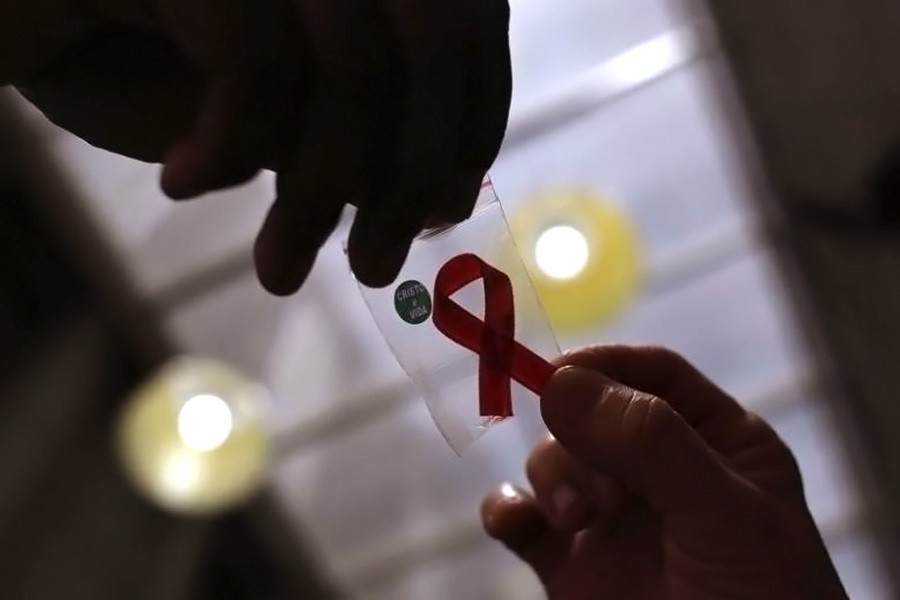The United States will concentrate its resources on 13 countries with high levels of HIV that have the best chance of controlling the AIDS epidemic under a strategy unveiled on Tuesday.
U.S. Secretary of State Rex Tillerson outlined the priorities of the President’s Emergency Plan for AIDS Relief or PEPFAR, a cornerstone of U.S. global health assistance, which supports HIV/AIDS treatment, testing and counseling for millions of people worldwide.
President Donald Trump’s administration requested the program be cut by $1 billion earlier this year but the Senate Appropriations Committee voted last week to keep funding largely unchanged at roughly $6 billion.
“The Trump Administration remains deeply committed to the global HIV/AIDS response and to demonstrating clear outcomes and impact for every U.S. dollar spent,” Tillerson said in the report.
The administration did not disclose which programs were being cut, but the State Department has stressed that it will continue offering treatment to people who are already receiving it.
PEPFAR will continue to operate programs in more than 50 countries. To maximize its impact, however, it will focus much of its efforts on 13 countries that are nearing epidemic control - the point where there are more deaths each year from AIDS than there are new HIV infections.
Those countries include Kenya, Zambia, United Republic of Tanzania, Uganda, Zimbabwe, Malawi, Lesotho, Ivory Coast, Botswana, Namibia, Swaziland, Haiti and Rwanda.
“We’ve really focused on accelerating in these countries that we can get over the finish line, together with communities and governments,” Ambassador Deborah Birx, the U.S. global AIDS coordinator, said in a telephone interview.
The work would be done in collaboration with the Global Fund to Fight AIDS, Tuberculosis and Malaria, UNAIDS, and others.
Five of the target countries - Lesotho, Swaziland, Malawi, Zambia and Zimbabwe - are already nearing control of their HIV epidemics, based on national surveys from the Centers for Disease Control and Prevention, Columbia University and local governmental and non-governmental partners.


